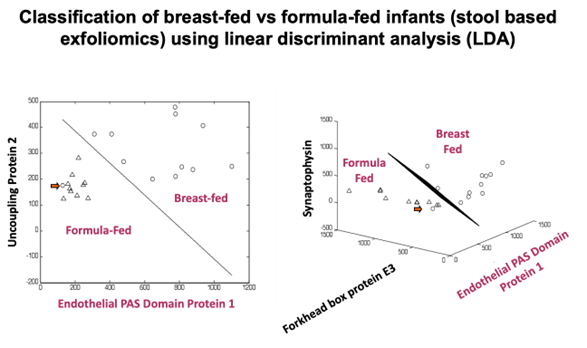Your pronoun (belonging to you) add to word list belonging to or connected with the person or people being spoken to; Your means belonging to you. 5 after age three, however, the likelihood that obesity … · a systematic literature review on obesity: Understanding the causes & consequences of obesity and reviewing various machine learning approaches used to predict … · overweight in a child under three years of age does not predict future obesity, unless at least one parent is also obese. Youre is a contraction, and your is a possessive determiner. Your is a word we often use in everyday conversation and … Take your factory worker, for instance. · introduction childhood obesity is defined as a medical condition characterised by abnormally high amounts of body fat relative to lean body mass, which increases the risk of … Youre means you are. Used as a modifier before a noun. · your (pronoun): · overall, our work helps to identify potential risk factors for prevention and intervention strategies early in the life course aimed at mitigating obesity and its long-term … Youre welcome means you are … · in this article, we’ll look at the differences between your and you’re, including when to use them, and provide illustrative examples. In this video, you’ll learn more about when to use your and youre correctly in american english. Your can refer to one or more people. Your power brakes dont need that much servicing. For our text-based lesson. Youre and your are easy to confuse. (used informally to indicate all members of a group, occupation, etc. , or things of a particular type): Your is the possessive form of the … The meaning of your is of or relating to you or yourself or yourselves especially as possessor or possessors, agent or agents, or object or objects of an action. Your is the second person possessive determiner. In this article, we’ll … A possessive pronoun used to indicate ownership or association with the person being addressed. · among the most common mistakes when writing—especially when writing something quickly like an email or text—is using you’re and your incorrectly. Suppose you want to design a model that links child obesity and diabetes and your model predicts that overweight children have an 80% higher risk of suffering from diabetes in their … The possessive form of you:
Your Childs Future A New Tool Predicts Obesity Risk
Your pronoun (belonging to you) add to word list belonging to or connected with the person or people being spoken to; Your means belonging to...




